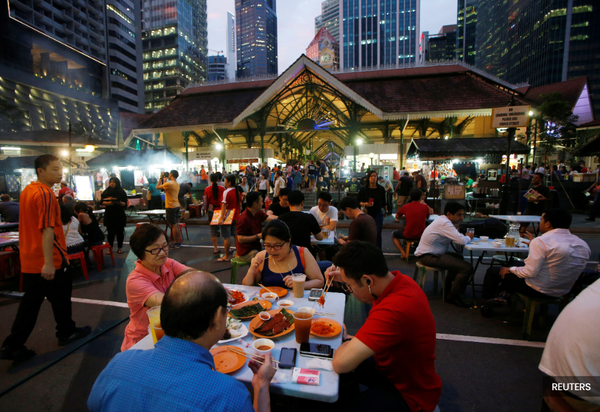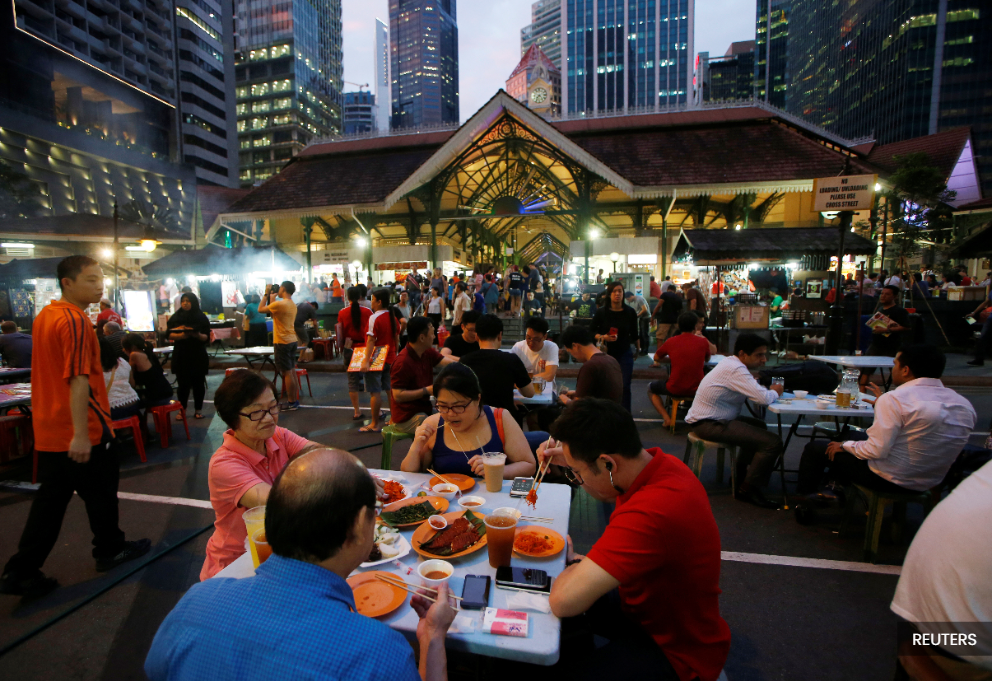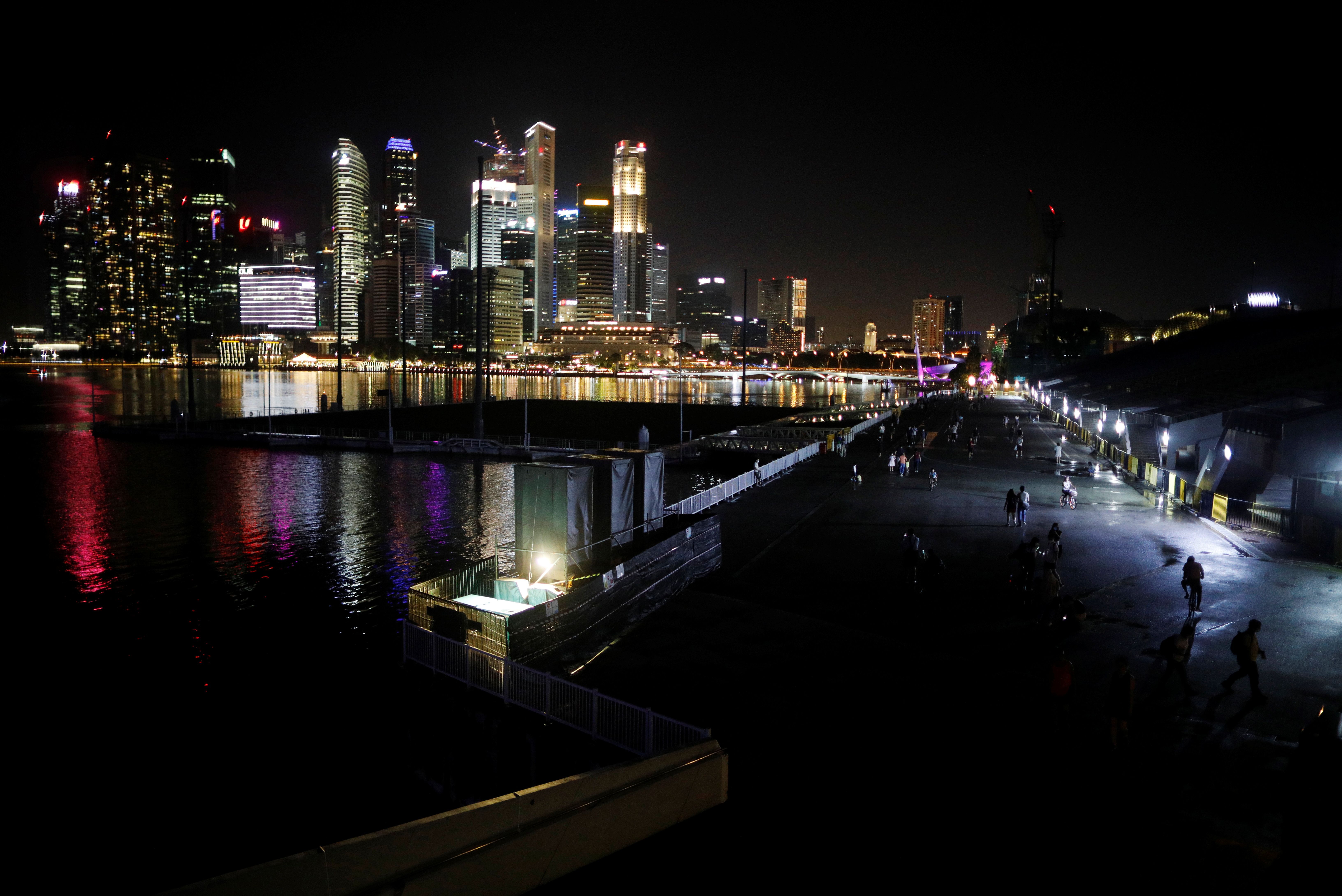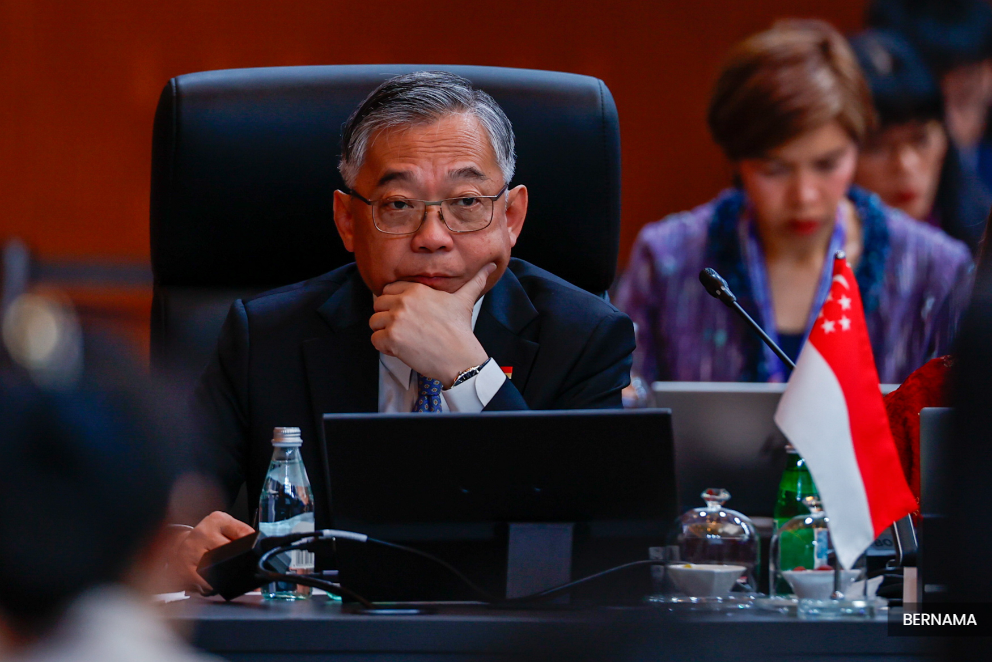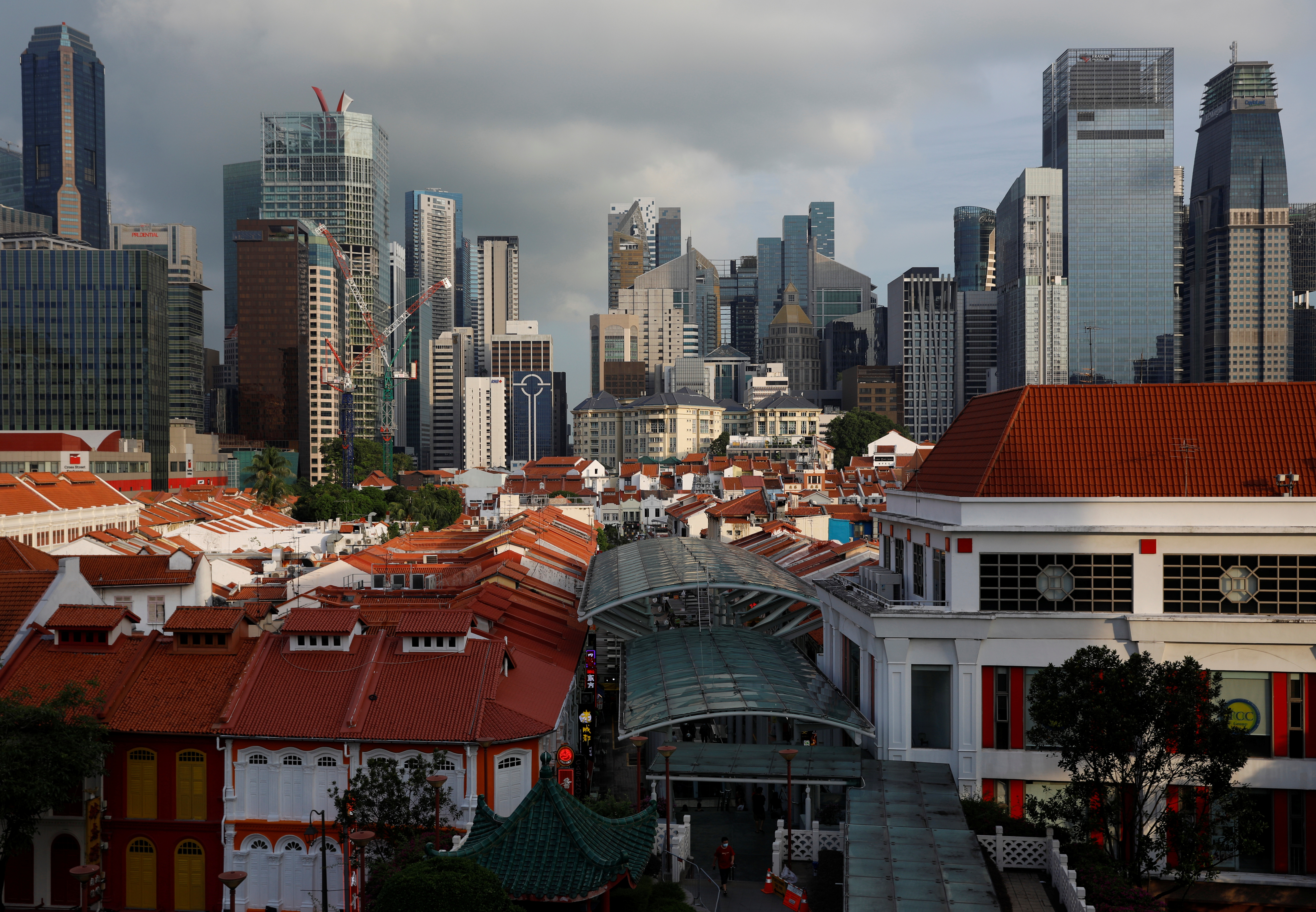SINGAPORE, Nov 4 — Singapore has ditched a plan to raise its food self-sufficiency rate to 30 per cent by 2030, said Sustainability and Environment Minister Grace Fu, citing land constraints and high labour and energy costs as factors holding back local production.
The Southeast Asian city-state launched the "30-by-30" policy in 2019 to reduce its vulnerability to food supply disruptions.
"We acknowledged that this was a challenging aspiration given our small and undeveloped agri-food sector, our limited land resources and high-operating-cost environment.
"Drawing from our experience over the past five years, we have reassessed our local production strategy to be more targeted," she told an industry conference today.
Fu added that Singapore had managed to raise self-sufficiency rates for hen eggs and beansprouts to 30 per cent and 50 per cent, respectively, from 2019 to 2024, and that overall food productivity had improved over the period.
However, she noted that rising costs and financing challenges have delayed new farm development, and higher production costs and weaker-than-expected consumer acceptance have also held back the efforts to scale up the local alternative protein industry.
Singapore will work to complement local production with other strategies to strengthen its resilience, and will continue to boost stockpiles, diversify import sources, and secure partnerships with supplier nations.


